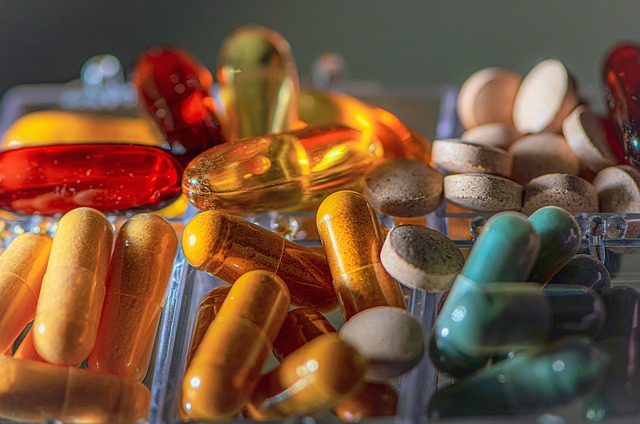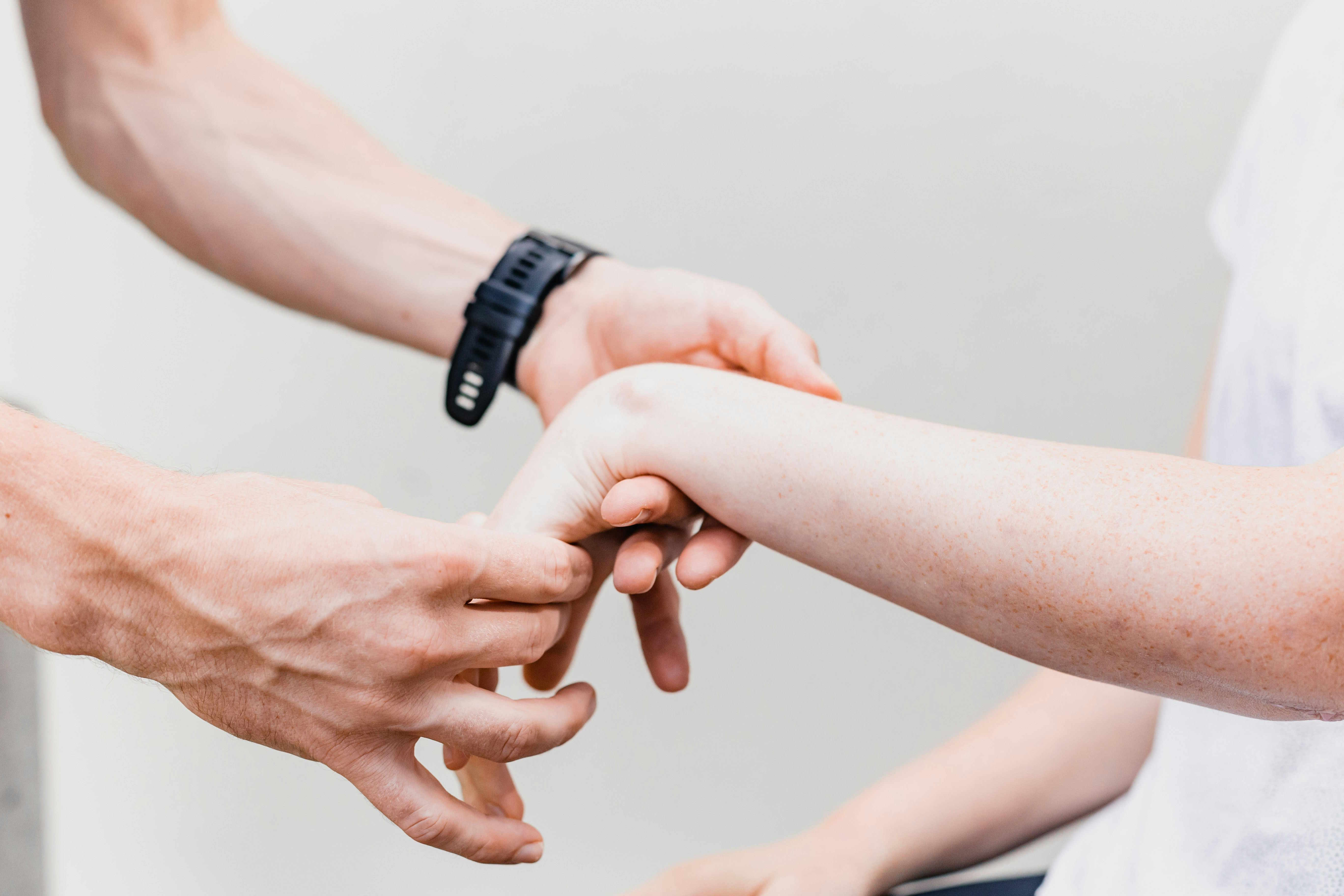Boosting Health with the Science of Chronobiology: How Your Body Clock Influences Wellness
You've probably heard the phrase "timing is everything," but did you know that this timeless wisdom applies to your health and wellness too? Welcome to the fascinating world of chronobiology - the science that explores how our internal body clocks influence our health.

A Glimpse into the Past: The Dawn of Chronobiology
Chronobiology isn’t a modern concept. Ancient Chinese medicine acknowledged the importance of body cycles, but it took the scientific world until the 20th century to start investigating this. Scientists Franz Halberg and Jürgen Aschoff are often credited as the pioneers of modern chronobiology. Their work in the mid-1900s paved the way for understanding how our internal biological clocks influence our health, behavior, and wellbeing.
The Clock is Ticking: Understanding Our Biological Rhythms
At the heart of chronobiology is the understanding that our bodies operate on several biological rhythms. The most well-known is the circadian rhythm, a 24-hour cycle influencing sleep and wakefulness. However, numerous other rhythms exist, including ultradian (less than 24 hours) and infradian (more than 24 hours) rhythms. These rhythms influence various bodily functions, from hormone production to digestion, and disruption can lead to health issues.
The Science Speaks: Current Health Insights from Chronobiology
Recent studies in chronobiology have opened new perspectives on health and disease prevention. For instance, research shows that misalignment between our lifestyles and body clocks may contribute to obesity, diabetes, and cardiovascular diseases. On the other hand, aligning our daily routines with our circadian rhythms - a practice known as chronotherapy - can help manage these conditions and improve overall health.
Chronobiology in Practice: The Benefits and Challenges
So how can we use chronobiology to enhance our health? The key lies in syncing our daily activities with our body clocks. Regular sleep schedules, timely meals, and daylight exposure are some ways to achieve this. Nonetheless, modern life often clashes with our natural rhythms, making it challenging to maintain this balance. Plus, each person’s biological rhythms are unique, adding another layer of complexity.
Nuggets of Chronobiological Wisdom: Practical Tips for Health
-
Sync with the Sun: Exposure to natural light during the day helps regulate your circadian rhythm.
-
Consistency is Key: Maintain regular sleep and meal times for better health.
-
Nighttime is Rest Time: Minimize exposure to artificial light at night to avoid disrupting your sleep cycle.
-
Move to the Rhythm: Regular physical activity, preferably in the morning, can help synchronize your body clock.
Wrapping Up: The Takeaways
Chronobiology offers a unique insight into how our internal clocks influence our health. By understanding and aligning with our biological rhythms, we can potentially prevent diseases and improve our wellbeing. It might be challenging in our modern, fast-paced world, but the rewards are worth it. Remember, when it comes to health and wellness, timing truly is everything.




